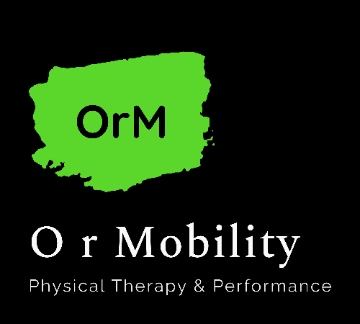Thank you for checking out the Articles from OrMobility Physical Therapy & Performance. We are Douglas County’s highest rated physical therapy clinic. Just check out our google reviews! People from Roseburg, Winchester, Winston, Green, and Sutherlin love our services. Now continue to our article to read more!
Marathon Training: Tips and Strategies for Success
Training for a marathon can be a challenging and rewarding experience. Whether you’re a seasoned runner or new to the sport, preparing for a marathon requires time, dedication, and careful planning. In this blog post, we’ll share some tips and strategies to help you successfully train for and complete a marathon.
1. Build a Strong Foundation
Before you start a marathon training program, it’s important to have a strong foundation of fitness. This means incorporating regular exercise into your routine and gradually building up your endurance. If you’re new to running, start with shorter distances and gradually increase your mileage each week. It’s also a good idea to talk to your doctor before starting any new exercise program, especially if you have any underlying health conditions.
1. Develop a Training Plan
A well-designed training plan is essential for marathon success. Your plan should include a mix of running workouts, rest days, and cross-training activities like cycling or swimming. The goal is to gradually increase your mileage and intensity over time while allowing for adequate rest and recovery.
1. Focus on Nutrition
Proper nutrition is essential for marathon training. This means eating a balanced diet that includes plenty of carbohydrates, protein, and healthy fats. You may also want to consider consulting with a registered dietitian to help you develop a meal plan that meets your individual needs.
1. Listen to Your Body
It’s important to listen to your body and pay attention to any signs of injury or overtraining. If you experience pain or discomfort during a run, take a break and rest. Don’t push yourself too hard, too fast, or too soon. Gradual progress is key to avoiding injury and achieving long-term success.
1. Incorporate Strength Training
Strength training can help improve your running performance by building stronger muscles and reducing the risk of injury. Focus on exercises that target the legs, core, and upper body, such as squats, lunges, planks, and push-ups. Aim to incorporate strength training into your routine at least two to three times per week.
1. Get Adequate Rest and Recovery
Rest and recovery are just as important as training when it comes to marathon success. Make sure to get enough sleep each night and allow for rest days in your training plan. You may also want to consider incorporating recovery activities like foam rolling, stretching, or yoga into your routine.
1. Stay Motivated
Marathon training can be a long and challenging process, but staying motivated can help you stay on track. Set goals for yourself, celebrate your progress, and stay connected with other runners for support and inspiration.
Conclusion
Training for a marathon requires time, dedication, and careful planning, but the rewards are well worth the effort. With a solid training plan, proper nutrition, and a focus on rest and recovery, you can successfully prepare for and complete a marathon. Remember to listen to your body, stay motivated, and enjoy the journey. Good luck!



